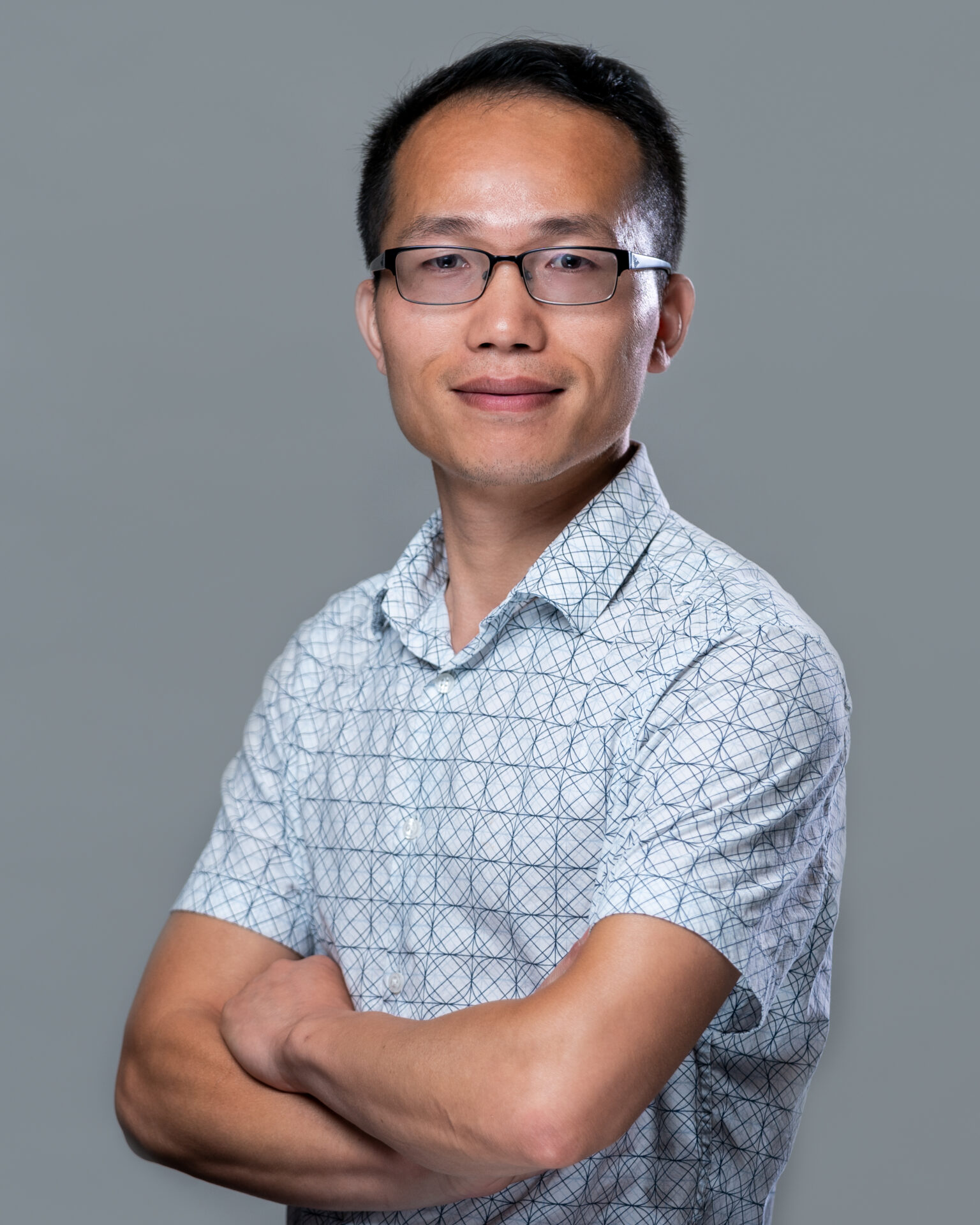
Yemin Wang, PhD
Investigating the role of SMARCA4/2 loss in undifferentiated ovarian cancer using novel mouse models
2025 Early Career Investigator Grant
University of British Columbia
Investigating the role of SMARCA4/2 loss in undifferentiated ovarian cancer using novel mouse models
Project Summary
SMARCA4 and SMARCA2 are two sister genes complementing each other to control the ON or OFF of many other genes. Their dual loss drives the development of highly aggressive cancers in organs such as the ovary. Here, we will leverage our knowledge of their putative cell of origins and expertise in disease modeling and molecular analysis of tumors to model the development of SMARCA4/2-dual deficient ovarian cancers in mouse and identify critical events underlying their development. This work will also provide highly valuable immune-competent disease models for future biological studies and therapeutic assessment.
Bio
Dr. Wang received his PhD degree in Experimental Medicine at the University of British Columbia (UBC) in 2009. He subsequently conducted two rounds of postdoctoral trainings. With Dr. Toshiyasu Taniguchi at the Fred Hutchison Cancer Research Centre, Dr. Wang implemented image-based high-through screens and identified several microRNAs as regulators of DNA damage response and potential sensitizers of conventional chemotherapeutic agents. With Dr. David Huntsman at the British Columbia Cancer Agency, he studied cancer genetics of several types of rare ovarian cancers, including the ovarian Sertoli-Leydig cell tumor and gynandroblastoma. He discovered prevalent mutations in DICER1, a critical microRNA biogenesis gene, in these ovarian malignancies and identified potential oncogenic mechanisms driving their development using patient samples, primary cultures and a novel genetically engineered mouse model. In 2020, Dr. Wang started his independent research program as an adjunct professor in the Department of Pathology and Laboratory Medicine at UBC. His research focuses on ovarian malignancies driven by genetic mutations in the SWI/SNF chromatin remodeling complex, which is often hard-to-treat. Utilizing drug screen, proteomics and functional genomics, his team identified multiple epigenetic and metabolic reprogramming events that can be exploited for therapeutic development in ovarian cancers driven by the complete loss of the SWI/SNF complex activities. Dr. Wang is currently a senior research scientist at the Vancouver Coastal Health Research Institute and an assistant professor at UBC. His research aims to understand the biology of these aggressive but often neglected types of ovarian cancers and developing effective treatment approaches to improve patient care.